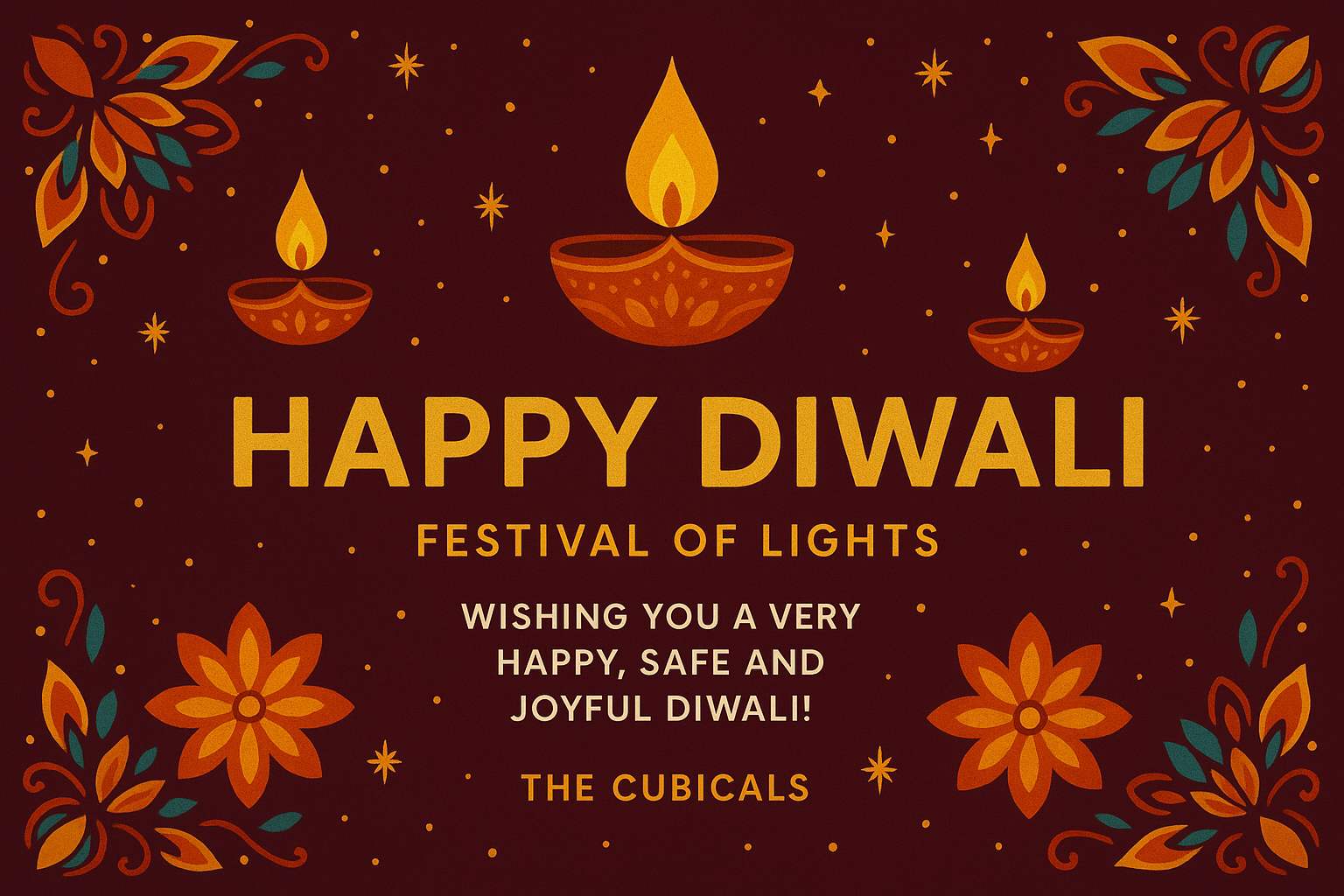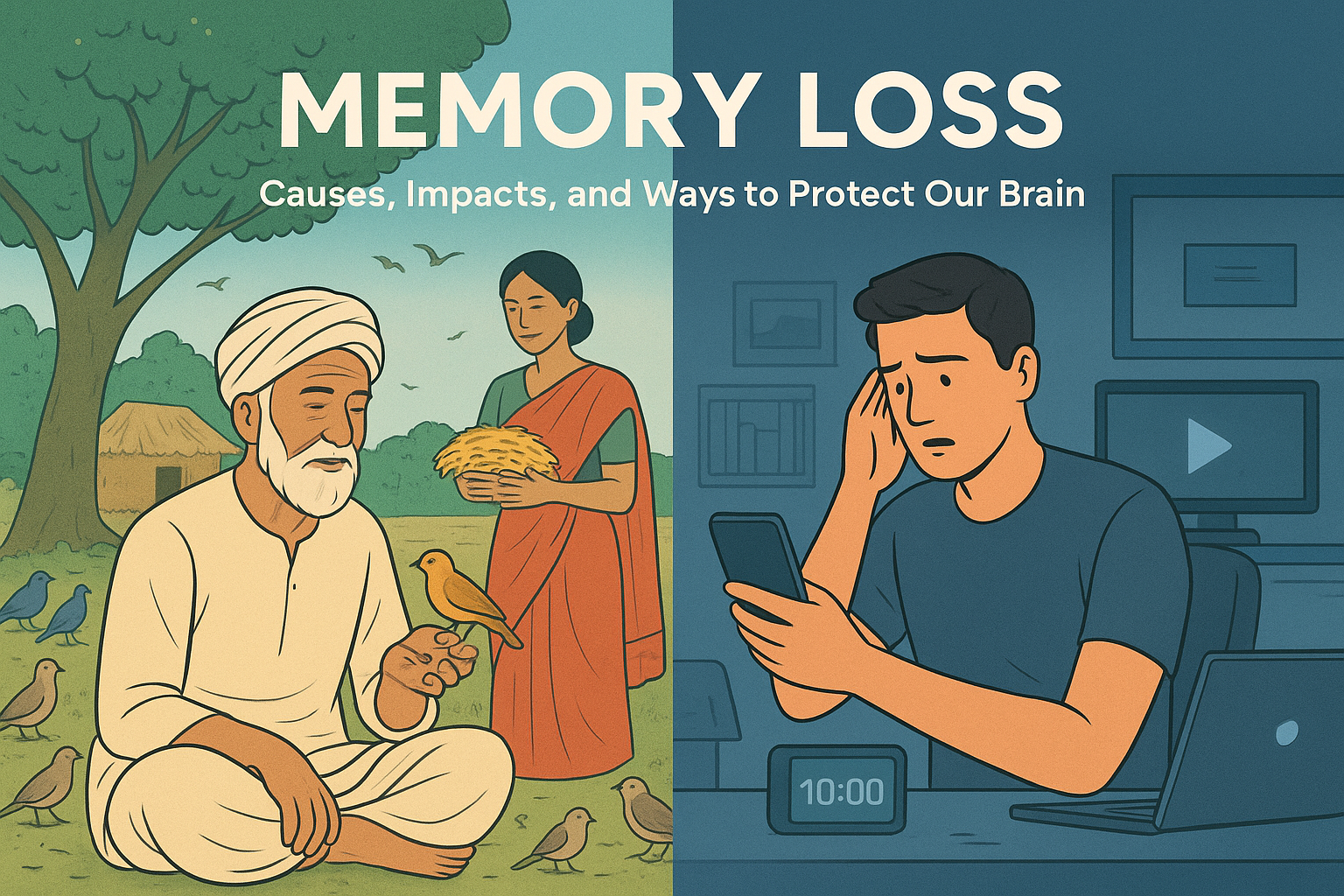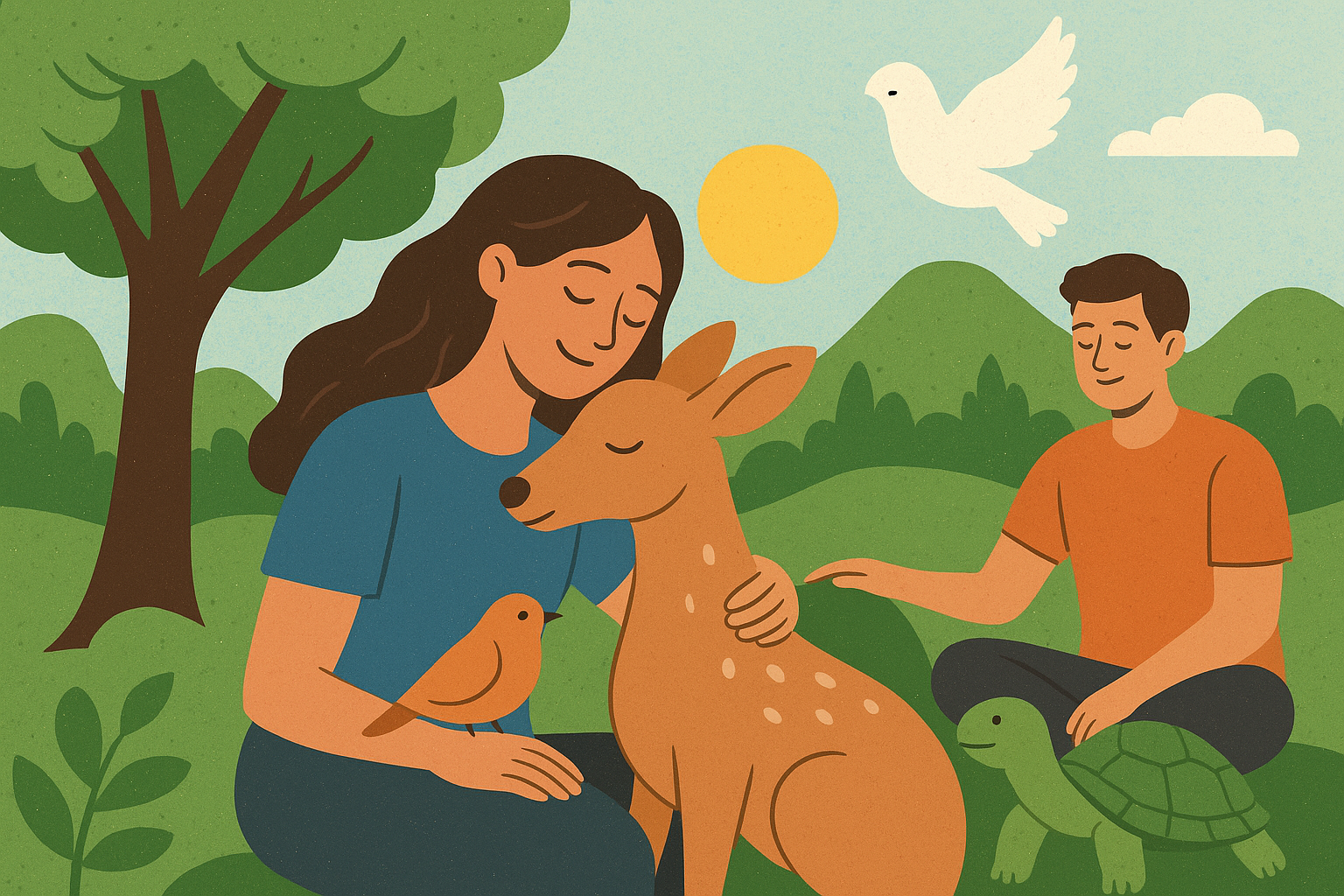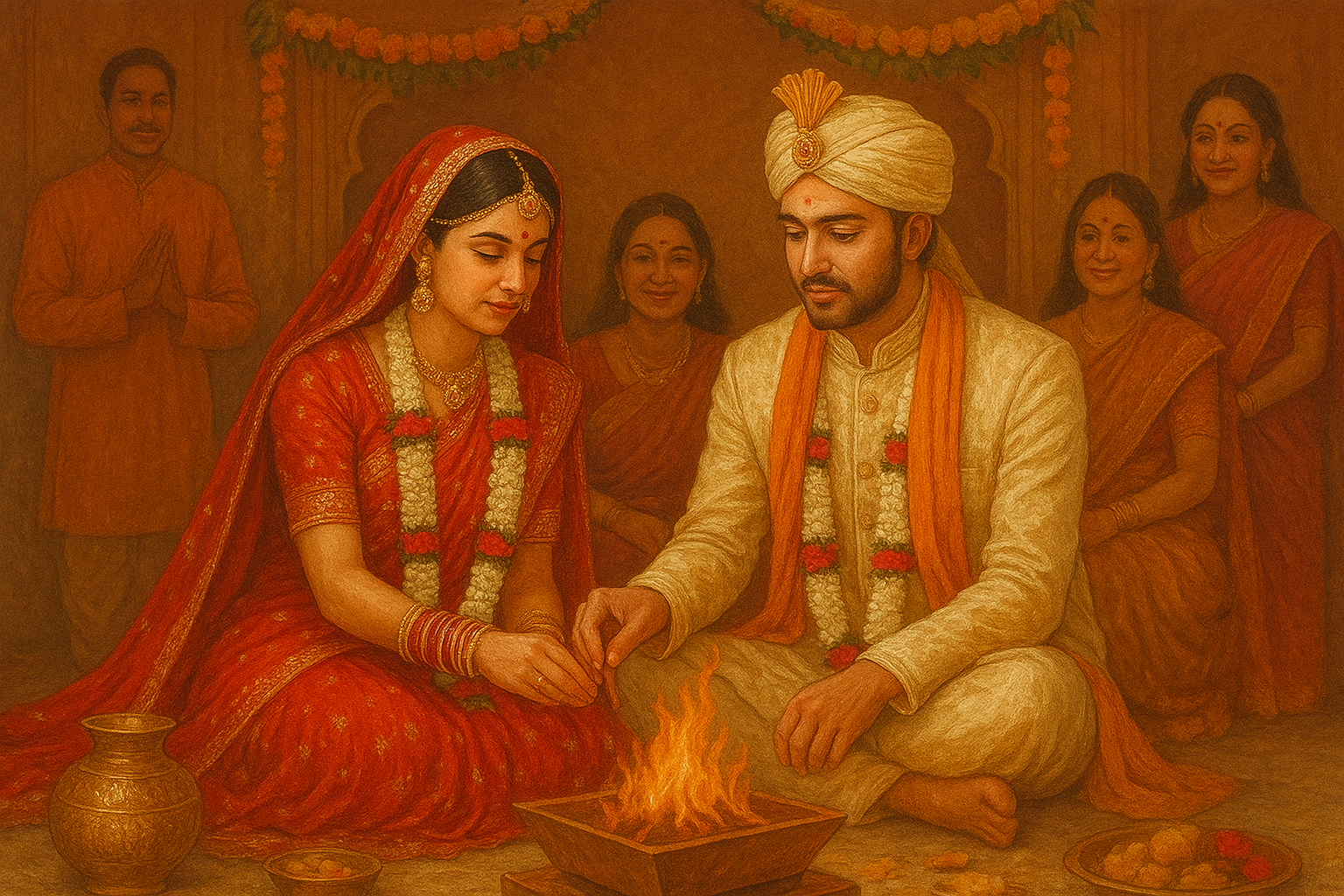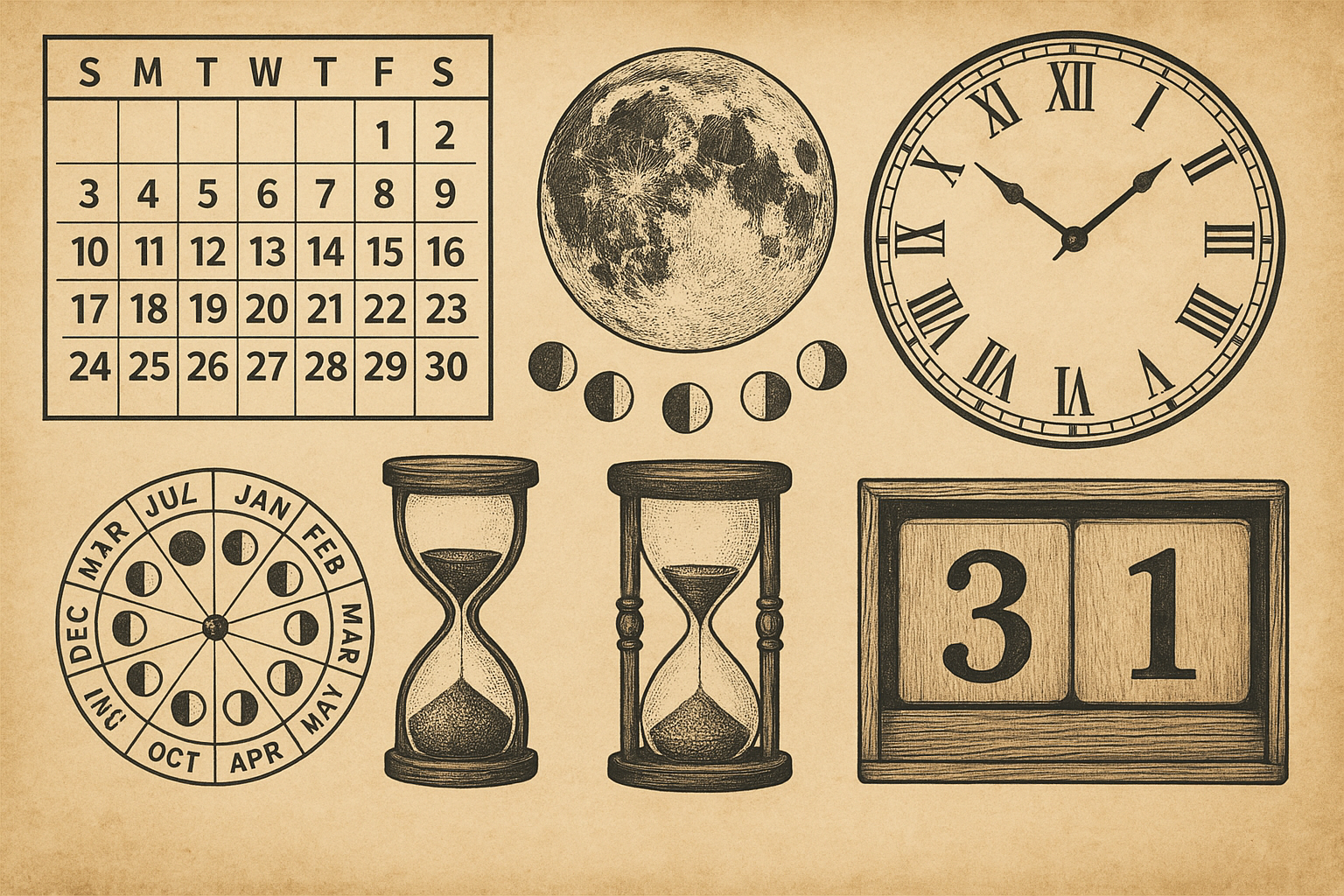Introduction
Diwali, also known as Deepavali, is not just a festival; it is an emotion that lights up millions of hearts across India and around the world. It is the time when streets glow with the warm light of diyas, homes are decorated with colors and lamps, and hearts are filled with joy, kindness, and love.
The word ‘Deepavali’ literally means a row of lights (deep meaning lamp and avali meaning line or row). Symbolically, Diwali represents the victory of light over darkness, knowledge over ignorance, and good over evil. Every year, people celebrate this festival with immense enthusiasm, decorating their homes, exchanging gifts, and offering prayers to Goddess Lakshmi for prosperity and happiness.
A Festival Beyond Lights – An Emotion of Connection
As you beautifully expressed, “Diwali is not just a festival, it’s much more.” For children, it’s one of the happiest times of the year — they get new clothes, sweets, colorful lights, and the excitement of bursting crackers. The entire atmosphere feels magical. Kids love decorating their small corners, creating paper lanterns, and helping their parents prepare sweets or clean the home.
For elders, it is the joy of seeing their families together, the smiles on their children’s faces, and the blessings of their own parents. Friends visit each other, share laughter, exchange sweets, and talk for hours. The houses smell of freshly made sweets like laddoos, gujiyas, barfis, and the soft sound of diyas being lit brings peace to every heart.
Diwali connects us emotionally — it reminds us of people we miss, the times we shared, and the traditions that keep us rooted. Perhaps that’s why every year when this festival arrives, it brings a sparkle to everyone’s eyes. It reminds us to pause, to smile, and to spend time with our loved ones.
Historical and Mythological Significance
Diwali has deep roots in Indian history and mythology. The most well-known story is the return of Lord Rama to Ayodhya after 14 years of exile, during which he defeated the demon king Ravana. To celebrate his return, the people of Ayodhya lit thousands of lamps, making the night glow like daylight. Since then, Diwali has been celebrated as a symbol of the triumph of good over evil.
In some parts of India, Diwali also marks the day when Lord Krishna defeated the demon Narakasura, freeing the people from fear. In the Sikh tradition, it is celebrated as Bandi Chhor Divas, the day Guru Hargobind Ji was released from prison. For Jains, it signifies the day when Lord Mahavira attained nirvana. This diversity of meanings makes Diwali one of the most inclusive and spiritually rich festivals in the world.
Preparations and Decorations
The excitement of Diwali begins days, even weeks, before the actual festival. Homes are cleaned from corner to corner, old things are replaced, and everything is made new and fresh. This cleaning is not just physical but also symbolic — removing negativity from life and making space for positivity and prosperity.
People decorate their homes with rangolis (colorful floor patterns), flowers, diyas, and fairy lights. The vibrant colors and glowing lamps create an atmosphere that feels divine and full of hope. Markets and shops are filled with decorative items, new clothes, sweets, and gifts. The festive rush in markets, the aroma of sweets, and the sight of happy families shopping together — all these small moments make Diwali truly special.
The Emotional Essence of Diwali
There’s something truly magical about Diwali evenings. The sky sparkles with fireworks, the earth glows with diyas, and hearts shine with happiness. Yet beyond all this, what makes Diwali special is the feeling of belonging and love. As you said — “festivals are not just days of celebration; they are days that reconnect us with people we may have drifted apart from.”
It is that one time of the year when people leave behind their busy schedules to meet family and friends. Conversations flow, laughter fills the air, and even after the lights fade, the memories stay. Every diya lit on Diwali night is a silent wish — for peace, health, and happiness for everyone we care about.
Diwali teaches us that even the smallest light can remove the deepest darkness. It encourages us to be kind, to forgive, and to spread happiness wherever we go. The beauty of this festival lies not just in lights or decorations, but in the warmth it brings to our relationships.
In many ways, Diwali is a reminder that life, like a diya, shines brightest when shared with others. It’s about gratitude, love, and new beginnings.
